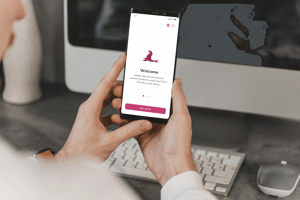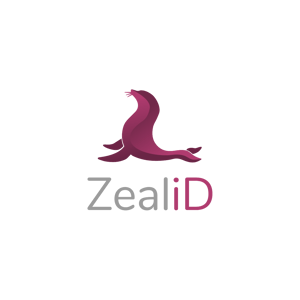UX revolution in the making: reusable digital identity
In our recent overview of reusable identity, we noted that, though the concept itself is well-developed, it will take more time before we finally see it in full action. In fact, some of the big tech players - such as Apple and Google - have already taken off in this direction. As they readily store personal information on millions of users worldwide, "lending" it to other platforms is a win for everyone. For users, it saves a lot of time and allows easy information management. And for other platforms and service providers, it means less worry with data storage and protection.
These systems are already changing the way we interact with service providers online. Even so, if we are to adopt them for online interaction with the government, financial and other institutions, the standard is very high.
Idea comes to life
A modern and versatile identity wallet will contain a collection of data entries, digitized documents and verifiable credentials. This structure is comparable to a library. As a user approaches a new service provider, the provider should get access to information that they need - not less and definitely not more. To illustrate, a social platform should only receive credentials and birth date, whereas a bank would need a copy of users' ID, residence address certificate and other documents. This is a viable solution, but it needs to be foolproof from day one, too.
As these systems are user-centric, one can expect them to be not only efficient, but also easy - and enjoyable - to use. That's also because, from what we are seeing now, private providers (who are very focused on the needs of the user as is) will be the first to adopt them. They will be the ones to deliver smooth UX and make sure these systems go hand in hand with innovation.
.png?width=1200&name=Zealid_lifecycle%20(1).png)
One-stop shop for online services
Once modern and well-rounded identity wallets come into action, ordinary internet users will be free to use them in most online interactions that require a log-in and/or a user account. That includes both private and public institutions, some of which don’t even offer their services online…yet. One reason for this is that, given the systems we have in place today, some smaller providers don't have the resources needed for data storage and protection.
In short, it’s safe to say that identity wallets will change the game for everyone involved.
Here are some basic examplesof how we’ll rely on identity wallets for everyday use:
- Paying an electricity bill
- Buying a plane/train/bus ticket
- Registering on a new online marketplace
- Ordering groceries online
- Booking a dentist appointment
Learn more:



